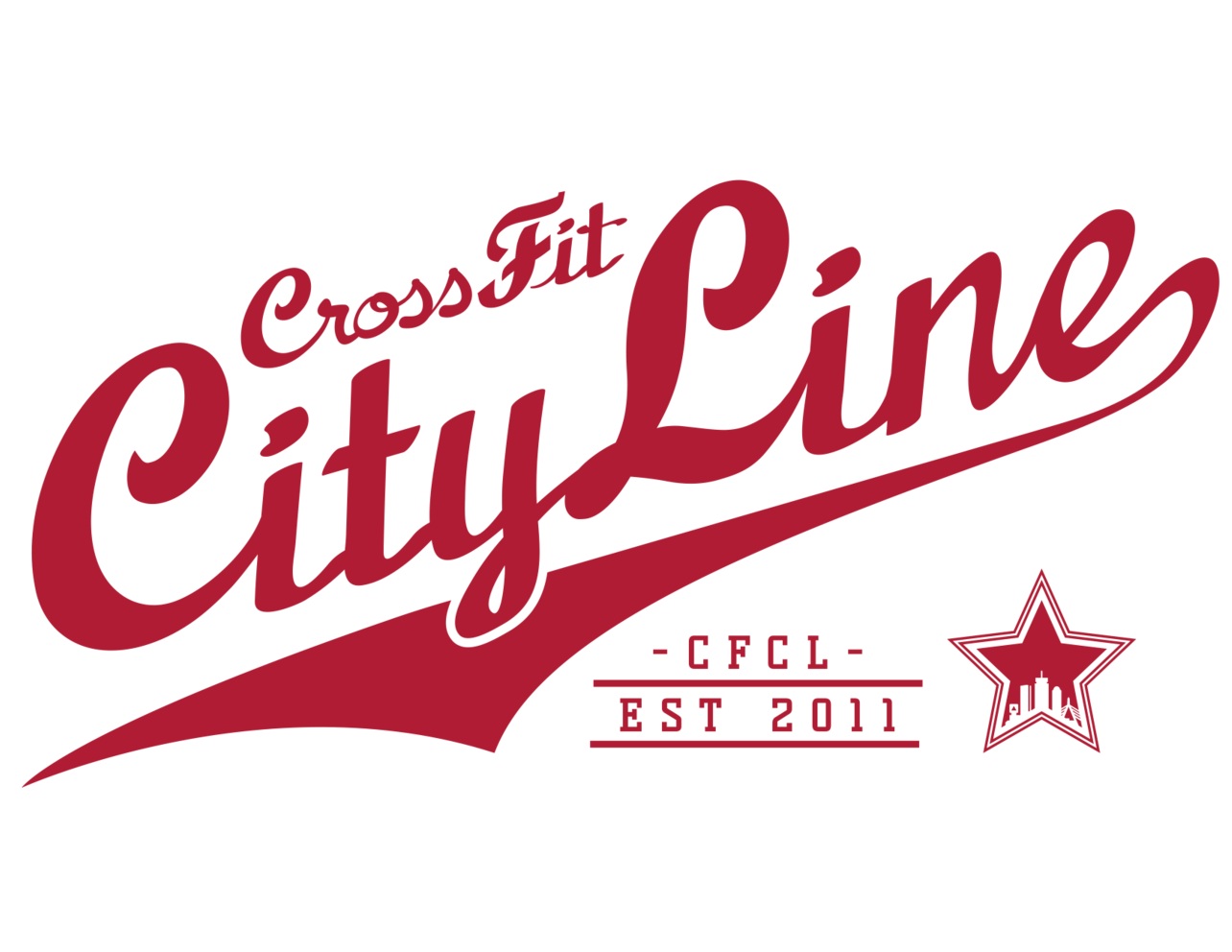The Scale Lies!
This guy is a liar!
It may surprise you to learn that your body weight is not the best measurement of your health and fitness. With the rise of the BMI (Body Mass Index) being used to identify whether we are underweight, overweight, or an ideal weight, we have been taught to focus on controlling our body weight to ensure that we are in good health. We are here to tell you that being skinny is not a good indicator of fitness. If I'm thin but can't do a pushup, can I consider myself fit?
A scale only measures how heavy we are, not whether our body composition is changing. Muscle weighs more than fat, so when we begin to gain muscle, the scale shows us gaining weight, even though we may be losing body fat. Many CrossFitters are considered "overweight" in BMI, even though their body fat percentage is within the healthy ranges for their height.
The coaches at CFCL are great examples of this phenomenon.
Coach Erin proving that CrossFit is great for runners!
In the picture on the left, Coach Erin weighs 115 pounds. In the picture on the right, she weighs 135 pounds, and even though she is 20 pounds heavier, she runs much faster races than she used to because she is more powerful.
Coach Rachel in 2014.
Coach Rachel in 2016.
In the picture on the left, Coach Rachel weighs 120 pounds. In the picture on the right, she weighs 130 pounds. Despite being 10 pounds heavier, she wears a dress size smaller than she did when she was lighter, and her waist is 2 inches smaller.
Coach Cassi in 2012
Coach Cassi in 2015
Coach Cassi in 2017
In the first picture, Coach Cassi weighs 150 pounds. In the second picture, she weighs 142 pounds. In the third picture, she weighs 148 pounds. Though she is only two pounds lighter 5 years later, she went from 26% body fat to 20% body fat, making her much more lean.
Each of these transformations tells a story about training, but also about nutrition. Nutrition is the foundation of our fitness. If we want to be leaner, we must eat in a caloric deficit. If we want to be leaner without losing muscle mass (our ideal goal, because more muscle mass allows us to burn more calories), or if we want to gain muscle without gaining a lot of body fat, we have to eat smart--by tracking macros. All 3 coaches (as well as other coaches at CFCL) have used tracking macros to change their body composition at will.
Here are some ways to gauge whether your fitness is improving, without using the scale:
-Improving performance in the gym. CrossFit makes use of Benchmark Workouts to demonstrate improving fitness. Having comparative data allows us to know that we are improving. Faster times in benchmark workouts, increasing strength, and improving skills are great indicators that your fitness and nutrition program is working!
-Positive body composition changes. Our body composition refers to the muscle mass and body fat that we carry. Positive body composition changes are increasing muscle mass and decreasing body fat. You can find out if your body composition is changing by scheduling an InBody Scan right here at CFCL! You'll also know you're losing body fat when your clothes fit better!
-Improving medical biomarkers. When we attend our yearly physical, we get data from our appointment that we can use to assess whether our fitness is improving. Biomarkers like resting heart rate, blood pressure, and cholesterol levels are much better than BMI at painting a picture of how our nutrition and fitness plans are working.
The important thing to remember is that our body weight is only a part of the picture of our health. Our nutrition and training protocols need to be evaluated through many more points of data than just body weight. Are our times in benchmark workouts getting faster or heavier? Are we losing body fat or gaining muscle or both?
The scale is just one tool in our toolbox. If you're unsure of how to use the rest of your tools, reach out to a coach today!







